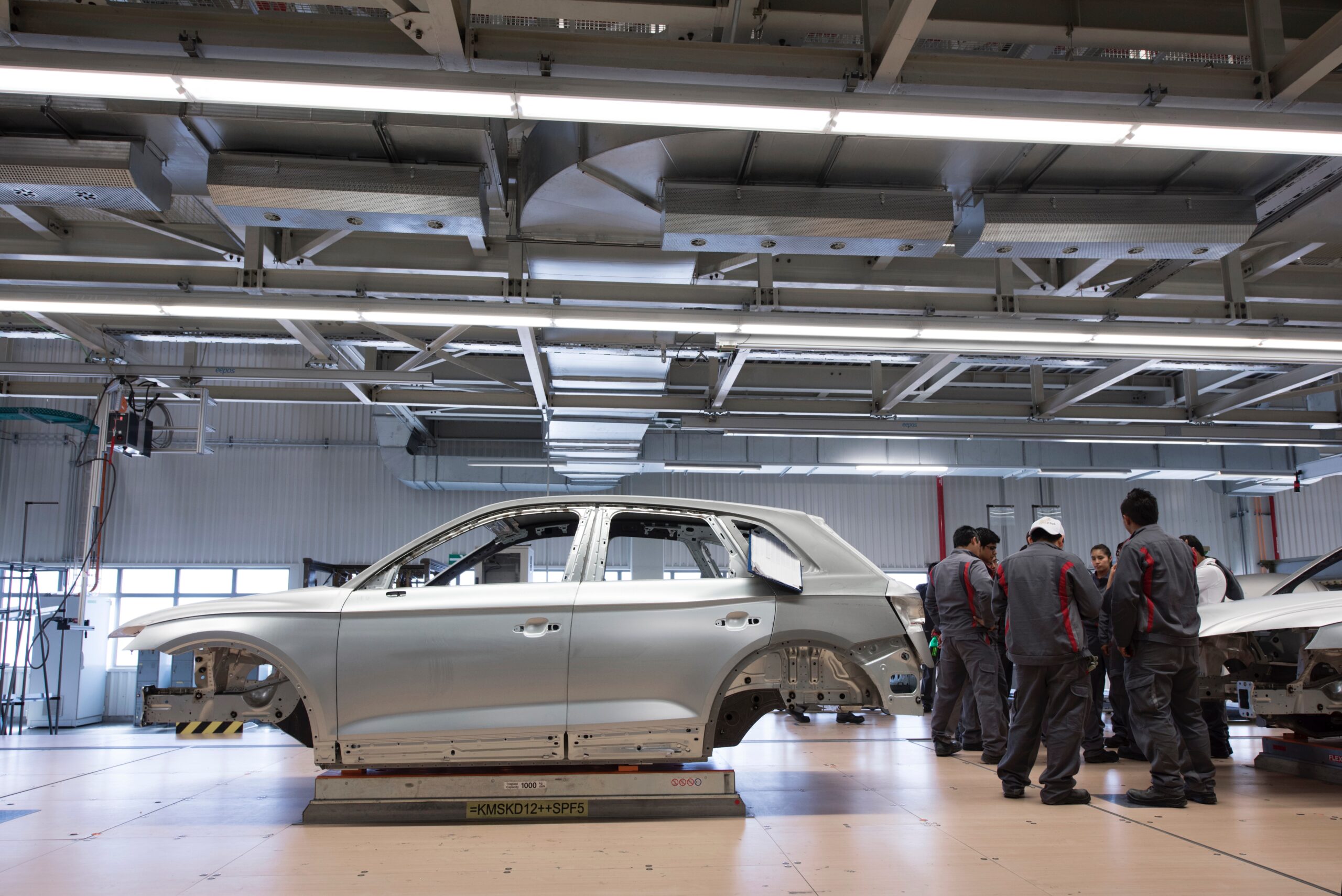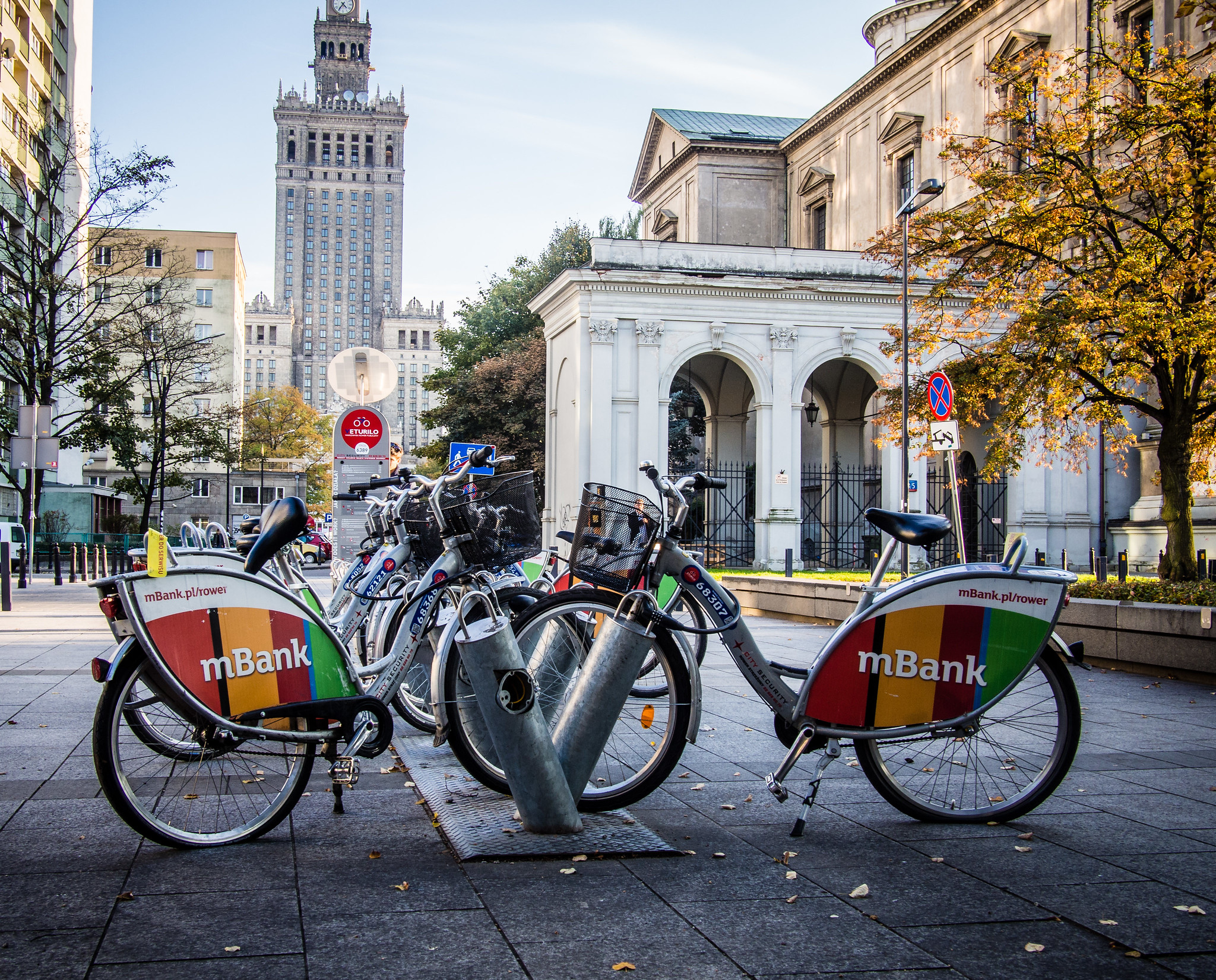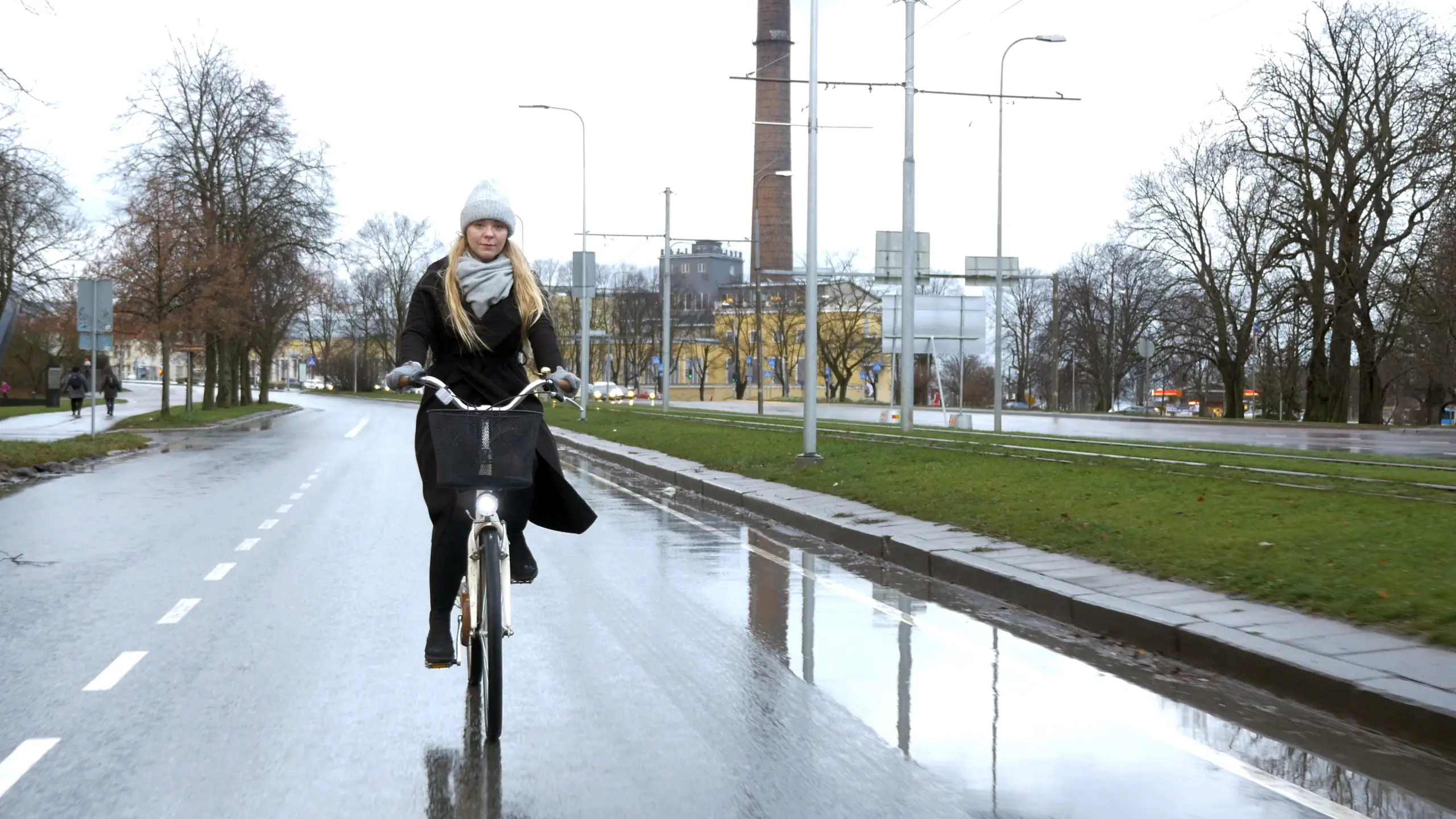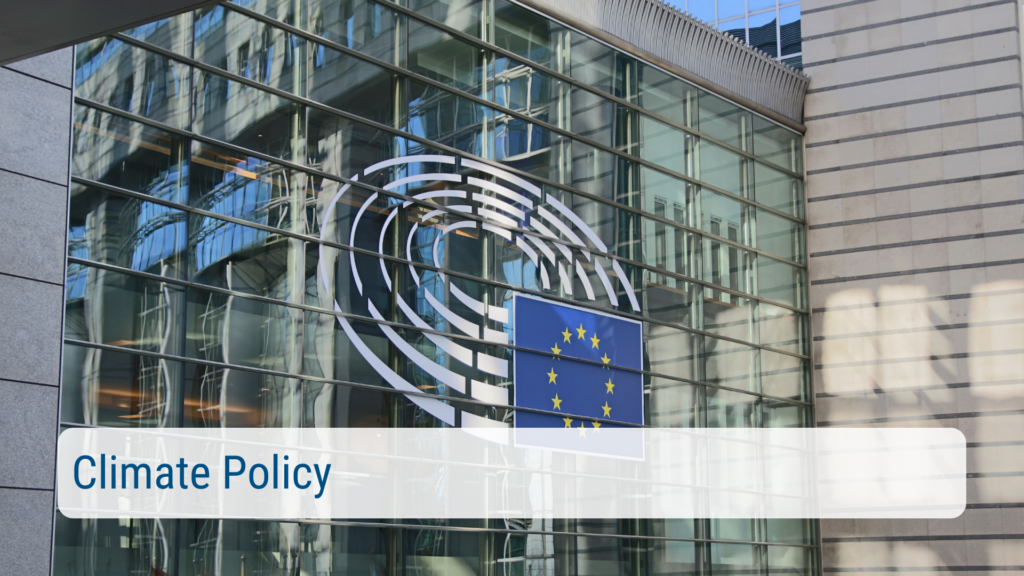Climate-Neutral Mobility
With the topic of climate-neutral mobility, the EUKI supports projects that, for example, highlight the bicycle as a crucial urban mode of transport, as well as rail transport – including public transportation.

In 2021, approximately 740 million tonnes of CO₂ were emitted through the combustion of fuels in EU-wide road transport. Motorized individual transport, especially cars, accounted for 64 percent of these CO₂ emissions. Emissions from air traffic contribute an additional amount of four percent to the total CO₂ emissions of the EU transport sector. The topic of climate-neutral mobility addresses approaches that support the conception and implementation of sustainable mobility plans, as well as the expansion of electric mobility, rail, and bicycle infrastructure, contributing to the shift in transportation. Furthermore, the topic includes initiatives that assist policymakers in decarbonizing their transportation systems and promote the just structural transformation in the European automotive industry by linking climate protection and social justice.
EUKI projects strengthening Climate-Neutral Mobility in Europe
The EU Transport Strategy, presented by the European Commission in December 2020, as part of the European Green Deal, specifies goals and measures for the transportation sector. The focus of the strategy is on the ecological and digital transformation of mobility, considering both as essential drivers for the modernization of the entire system. Key parts of the proposals were implemented with the Fit for 55 package, including the introduction of a second pan-European emissions trading system for road transport and buildings (ETS II), an increase in the national targets of the EU Climate Protection Regulation (Effort Sharing Regulation), and stricter CO₂ fleet limits for passenger cars and light commercial vehicles.









